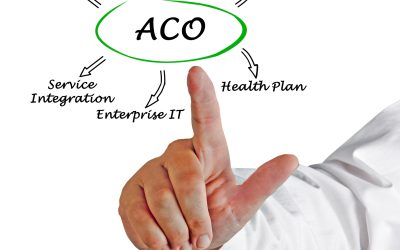LifeSpan Care Management Blog
What Are Patient Advocates and How Can They Help?
Navigating the healthcare system can often feel overwhelming, confusing, and frustrating, especially when dealing with complex medical conditions, multiple specialists, insurance issues, or unfamiliar treatment options. This is where patient advocates come into play....
What is the ACO Model in Healthcare?
In recent years, the landscape of healthcare has undergone a significant transformation, driven by a growing emphasis on improving patient outcomes while controlling costs. One of the most notable innovations in this shift is the introduction and expansion of...
Quality of Care: What Does That Mean for Aging Adults?
Quality of care is more than just a buzzword—it is the very foundation of how we ensure that aging adults continue to live with dignity, comfort, and safety as their health needs evolve. For seniors and their families, understanding what “quality of care” really means...
What is Health Advocacy and What Do They Do?
In the complex, fast-paced world of American healthcare, navigating insurance plans, treatment options, provider networks, and costs can feel overwhelming—especially for older adults, individuals living with chronic illness, or families facing sudden medical crises....
Remote Patient Monitoring (RPM): Telehealth in Managing Chronic Conditions
As healthcare continues to evolve, one of the most impactful innovations in chronic care management is Remote Patient Monitoring (RPM). This technology, which enables patients and healthcare providers to stay connected in real time from the comfort of home, is...
What to Expect from Hospice Care: Compassion, Comfort, and Dignity
Facing a terminal illness is an emotional and challenging journey, both for the patient and their loved ones. Hospice care is designed to bring comfort, dignity, and peace during this time, ensuring that patients receive compassionate, personalized care in their final...
AI in Chronic Care Management: How Technology is Improving Patient Monitoring and Predictive Healthcare
Managing chronic conditions requires continuous monitoring, timely interventions, and personalized care plans. Artificial intelligence (AI) is revolutionizing chronic care management by enhancing patient monitoring, improving early detection, and enabling predictive...
Holistic & Integrative Care: The Shift Toward Non-Pharmaceutical Approaches in Chronic Disease Management
As chronic illnesses like diabetes, heart disease, and arthritis become more prevalent, the healthcare industry is shifting toward a more holistic and integrative approach to disease management. Rather than relying solely on medications, patients and caregivers are...
Why Do Americans Send Older Adults to Skilled Nursing Facilities?
The increasing reliance on nursing homes for elder care in the United States reflects a complex interplay of social, economic, and cultural factors. This article explores the primary reasons behind this phenomenon, including demographic shifts, family structure...
Do Assisted Living Facilities Provide Respite Care
Understanding the Benefits and Challenges for Families Using Live-in Facilities When families become caregivers for aging or disabled loved ones, they often find themselves juggling responsibilities and struggling to balance their own needs. Respite care offers...
How to Get Insurance to Pay for Elderly Care Costs in New Jersey
Elderly care can be financially overwhelming, but with the right approach, you can leverage insurance options to cover a significant portion of these expenses. In New Jersey, there are several insurance programs and strategies available to help manage the costs of...
What Are Palliative Care and Hospice Care?
Caring for loved ones with serious or terminal illnesses often raises questions about how to best provide comfort, improve quality of life, and manage symptoms. Palliative care and hospice care are two compassionate care approaches designed to support patients and...












